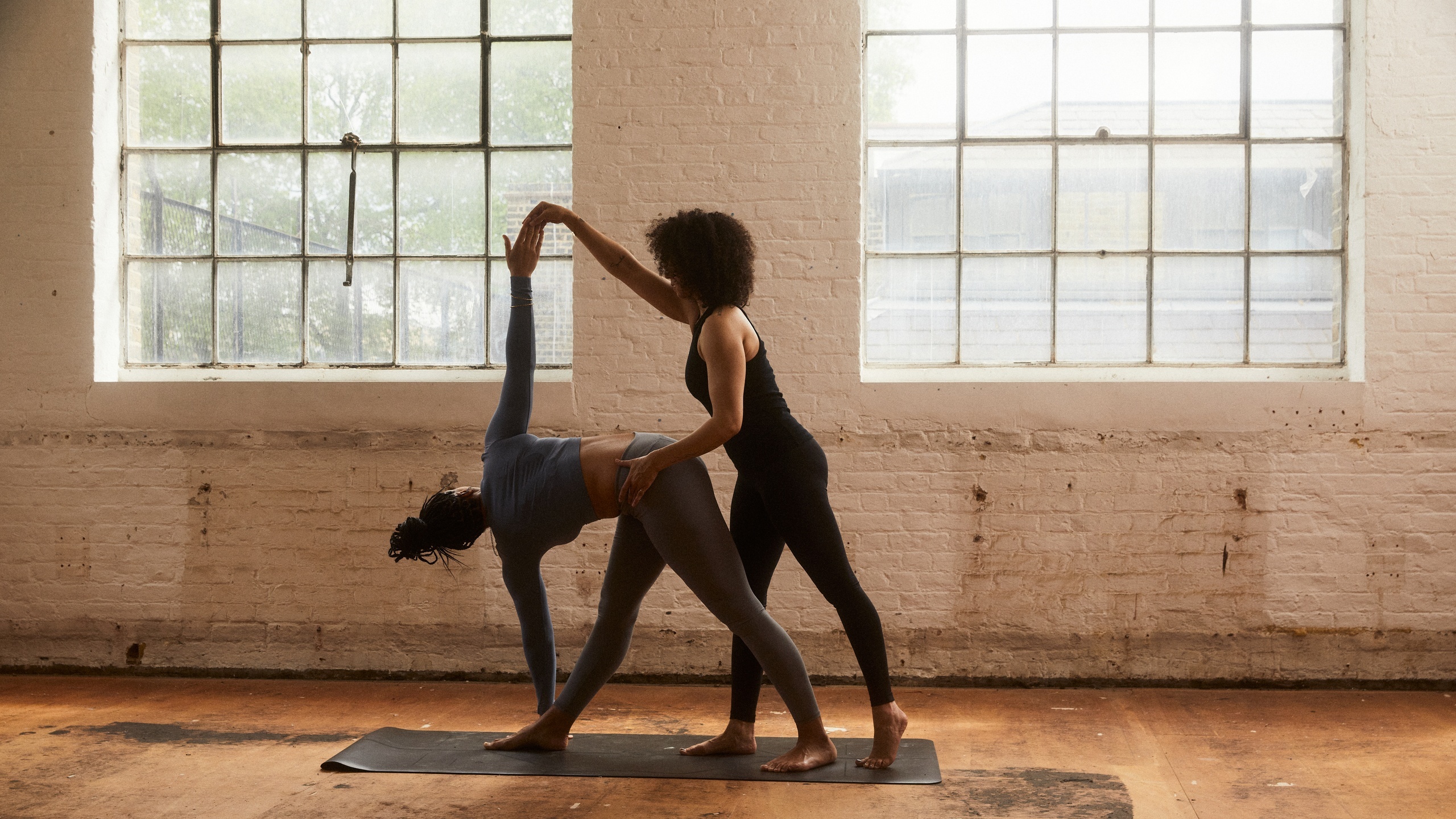Yoga is often celebrated for its ability to foster a supportive and respectful environment. A yoga studio is a space where people come together to connect with their bodies, minds, and emotions. Some styles of yoga are somatic practices that deepen our awareness, cultivate mindfulness, and often have a therapeutic and healing effect. However, it’s important to recognize that yoga is not a substitute for psychotherapy or mental health support. While yoga can be a powerful tool for self-awareness and stress relief, it’s not designed to address or resolve personal trauma.
At yoga studios, our focus is on supporting your personal growth. Both the studio and the yoga teacher aim to create a safe space for personal exploration and growth, however neither are professionally equipped to deal with the needs of complex trauma or mental health issues. If you are suffering from any of the above, we encourage seeking the support of a licensed counsellor, psychotherapist or psychologist – professionals who are trained to provide the guidance, and support necessary to address trauma in a structured, therapeutic setting.
A teacher’s bio may state they are ‘trauma-informed’, but this doesn’t mean they are equipped to directly address or resolve trauma. Being trauma-informed means the teacher is aware of the potential impacts of the practice on your emotional and physical state and can recognise when something in the space may be affecting you negatively. If your trauma is arising in a way that disrupts your experience or the group, the teacher may suggest that you pause your practice and seek professional support. If your yoga teacher is also a psychotherapist, it’s important to understand that these are two different professions – the yoga class is not the environment for psychotherapy, and the teacher is there to facilitate yoga, not provide psychotherapy. Ultimately, yoga offers a space for healing, but in a way that complements, rather than replaces, the professional care that complex trauma often requires.
By recognising the boundaries between yoga and psychotherapy, we can create a space where growth thrives, with each practice serving as part of a broader support system.
If you are in need of emotional emergency support please see some resources below:
Samaritans
- Phone: Call 116 123 (free from any phone)
- Email: jo@samaritans.org
- Website: Samaritans
Samaritans offers confidential support 24/7 for anyone experiencing distress or suicidal thoughts.
Mind
- Infoline: Call 0300 123 3393 (9am to 6pm, Monday to Friday)
- Text: 86463
- Website: Mind
London Friend
- Phone: 020 7833 1674
- Website: London Friend
London Friend offers support specifically tailored to the LGBTQ+ community, providing counseling, mental health services, and support groups.
You can join Corrie for Mysore at Mission every weekday and Sunday morning. Book your class here.

